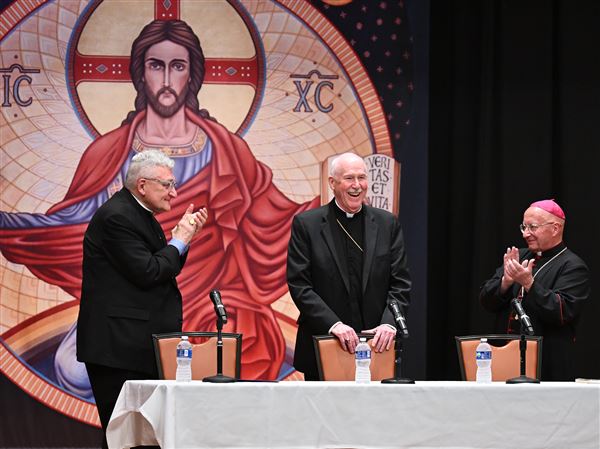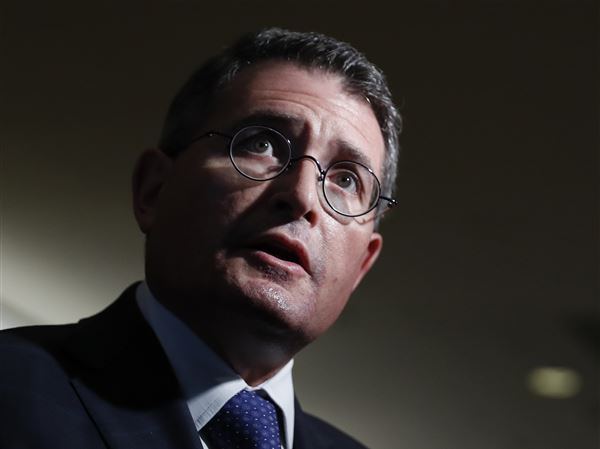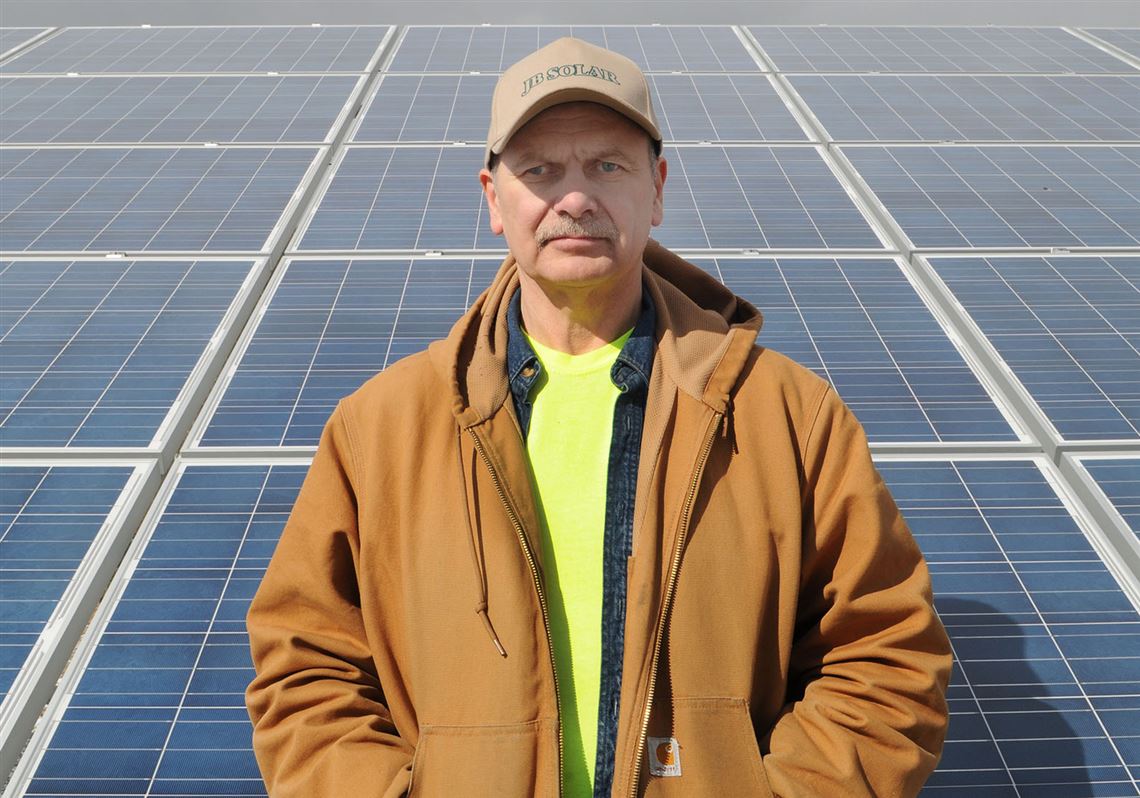Philadelphia resident Larry Moyer was tired of giving away the electricity produced by his solar array to his utility and getting nothing in return. Three years ago, he complained to the Pennsylvania Public Utility Commission.
What followed may change the economics of solar energy in the state.
Last month, the PUC proposed a spate of new regulations aimed at limiting what kind of customers can “net meter” their alternative energy systems.
Net metering refers to allowing utility customers to apply the electricity generated by their own systems against their electric bills. If they produce more than they consume, the utility pays them for the excess.
In 2009, Mr. Moyer, a longtime solar advocate, decided to put a 4.75 kilowatt solar system on his vacation home property in Klingerstown, Pa. The house itself was shaded by trees, which ruled out a rooftop installation. The best spot, it turned out, was on a hilltop about 600 yards from the house.
“It was installed exclusively to supply the house,” Mr. Moyer said.
Except the panels weren’t connected to the house but rather directly into the utility’s distribution lines. Instead of one meter that measures both the energy used by the house and the electricity produced by the solar array, he has two meters -- one at the house and the other at the solar system.
PPL initially approved Mr. Moyer’s request to connect his solar panels to the utility’s grid, but it was slow to compensate and then claimed that he didn’t qualify because the solar energy wasn’t being used to satisfy a direct need for power.
Mr. Moyer appealed to the PUC, which last month ordered PPL to continue giving him credit for the solar system.
But the commission also raised the question with its lawmaking bureau: Should an alternative energy system installed where there is no existing energy demand be allowed to net meter?
The bigger question was what separates a customer who generates electricity from a merchant generator or a utility.
On Feb. 20, the PUC answered that question in the proposed regulations.
It is suggesting that customer generators must be customers first and generators second. They cannot produce more than 110 percent of their electricity demand, and they must have an existing demand for energy where the generation is being installed.
“They’re trying to attack the definition of what a customer generator is, and they don’t want it to be people who want to put in panels to generate [income],” said Adam Rossi, president of Adam Solar Resources in Bridgeville.
Mr. Rossi said he was blindsided by the proposed regulations.
He wasn’t alone. Ed Johnstonbaugh, an alternative energy educator with Penn State Extension-Westmoreland, called the document a “wrecking ball.”
“What are they trying to fix?” he wondered. “I think somebody has the sense that somebody’s trying to cheat.”
FirstEnergy Corp., the Ohio-based parent of West Penn Power, has a clause in its net metering contracts allowing the company to deny a request for systems it thinks would produce too much energy. “Excessive generation,” according to the clause, “is determined solely by the company.”
FirstEnergy and Duquesne Light said they are evaluating the PUC’s proposed regulations and couldn’t comment on them at this time.
The PUC’s proposed regulations could be finalized within a few months or take up to two years to complete, said the commission’s spokeswoman, Jennifer Kocher.
The commission does not think of these regulations as a sea change, Ms. Kocher said, but as a clarification. How long the rules will take to finalize will be a function of how many and what kind of comments the proposal elicits, she said.
Jeff Balles, owner of JB Solar LLC in Hunker, isn’t optimistic, but he plans to let the PUC know that its proposal would undercut his business and would make his current arrangement impossible in the future.
Mr. Balles has 35 kilowatts of solar installed at his home and shop. It’s almost three times more than his current energy demand, but he hopes to offset what he now consumes in fossil fuels in the future.
Today, his heat and hot water come from natural gas. Eventually, he’d like to convert that to electricity and use his solar energy to power that.
“I was doing it from an investment point of view,” Mr. Balles said.
Many of his customers also want solar systems bigger than 110 percent of their immediate demand, partly because such systems are a better deal, fetch more government subsidies and allow for future growth, he said.
“[With] the fixed costs of a solar installation such as permits, interconnection agreement, solar meter, wiring and grounding equipment, the larger the system the better the return on investment.”
First Published: March 2, 2014, 5:24 a.m.
















